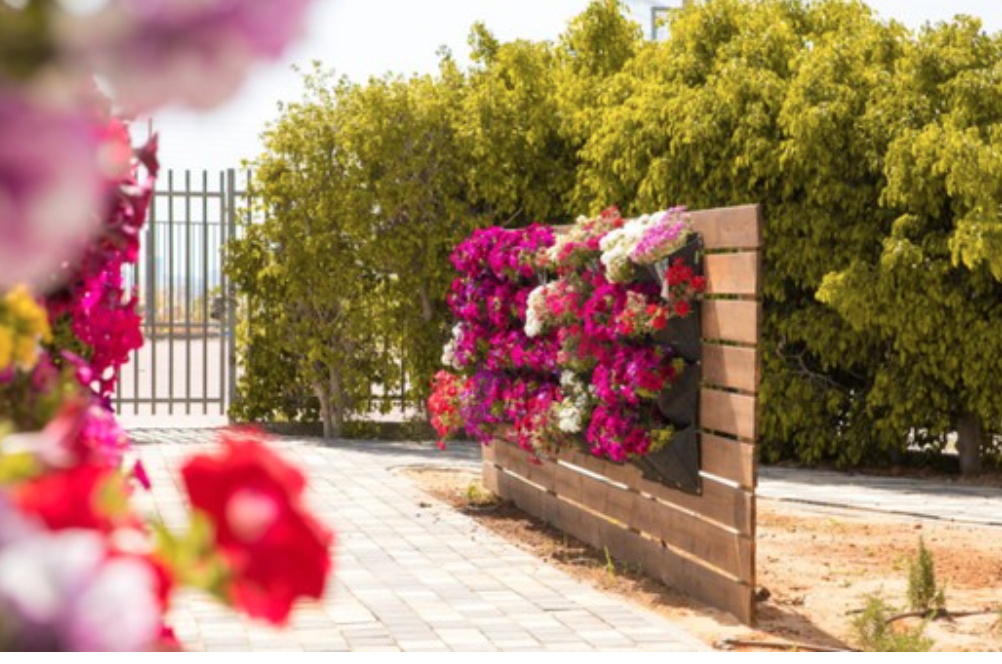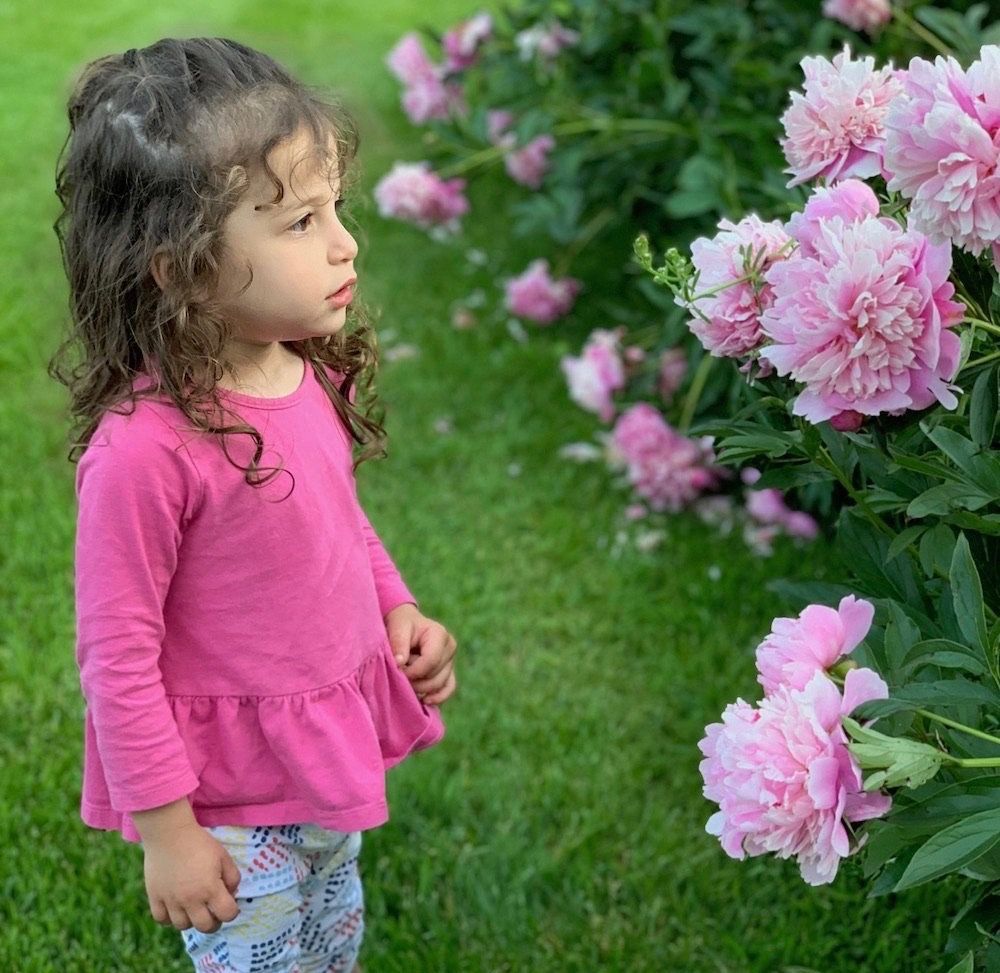Arab-Israeli Students Create Coexistence Garden
By Jill Brooke

Gotta love the idea of a “coexistence garden.”
Because we started as a way to heal people’s anxiety and polarization through flowers – I couldn’t help but love this story of how Arab and Jewish kids in Israel planted a “coexistence garden” to find what roots them together.
Diana Bletter reported on how 300 Arab and Jewish Israeli children participated in the “Green Roofs” project, under the auspices of the Peres Center for Peace and Innovation, which was funded by USAID.
For several months leading up to the planting of the garden, the 300 seventh-graders learned about sustainability and environmental responsibility as well as the fun of planting vegetables, spices, perennials, and hydroponic plants.
The program also served to connect the two neighboring communities, create understanding among the youth and encourage activism to promote coexistence.
The garden is located at the Al-Hayat School in the Arab town of Kfar Qassem in central Israel. The Kfar Qassem kids were joined in the project by children from the nearby Jewish community of Kfar Saba.
Nature has often taught us about ways to root together and forge relationships and understanding. In fact, teaching children about the importance of gardening is not only confidence-building but also teaches them that each individual plant has its own spirit and not everything grows with similar outcomes. There are also lessons on how cultivating good work habits and mapping out strategies lead to successes that can be a metaphor for so much in life.
Plus it is always best to consider what roots us together vs. divides us and recognize through nature that many different types of flowers and plants from a variety of botanical families can coexist and thrive.

Jill Brooke is a former CNN correspondent, Post columnist and editor-in-chief of Avenue and Travel Savvy magazine. She is an author and the editorial director of FPD, floral editor for Aspire Design and Home magazine and contributor to Florists Review magazine.
